PART 01 Introduction
Lofty ambitions and the relentless pursuit of excellence have come to define this remarkable career. Wang Xinchao, China’s undoubted semiconductor industry leader, was well-equipped from early years of study to navigate challenging times with innovative leadership and has continued to serve the semiconductor industry even after achieving great success. Wang Xinchao's life journey embodies the spirit of "happiness achieved through hard work," and he is an inspiring role model for the entrepreneurs of Jiangyin.
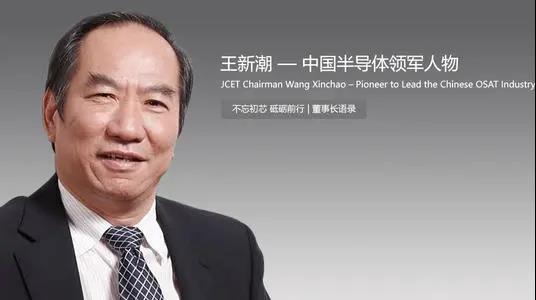
PART 02 Profile
JCET Group Founder Wang Xinchao currently serves as chairman and general manager of the Jiangsu Xinchao Technology Group, chairman of the Investment Committee at JP Xinchao Capital (Shanghai), and honorary chairman of the JCET Group. The numerous accolades he has received include SEMI China Person of the Year, the Inventor China Patent Gold Award, China Semiconductor Manufacturing Person of the Year, Top Ten Chinese Information Industry Economic Figures of the Year, Chinese Semiconductor Enterprise Leader, and National Information Industry System Model Worker among others.
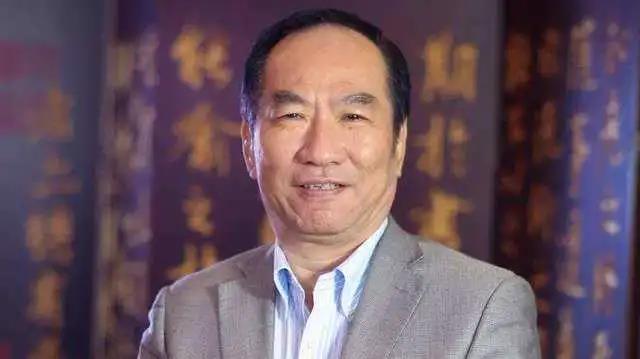
PART 03 Striving
A delegation from Gantu Technology visited the Xinchao Group in mid-September and presented Wang Xinchao with an appointment letter formally inviting him to serve as honorary advisor. Gantu Technology is an industrial AI enterprise specializing in high-precision visual defect detection for high-end circuit boards, semiconductors, and precision machining that strives to become a global leader in industrial AI machine vision leader. The guidance of seasoned veterans like Wang Xinchao, who possess invaluable semiconductor industry experience, is essential for it to continue growing. "If they want to enter the semiconductor industry," Wang Xinchao said, "I will certainly help them find the right direction in terms of strategic development. I can also help them with market and customer resources."
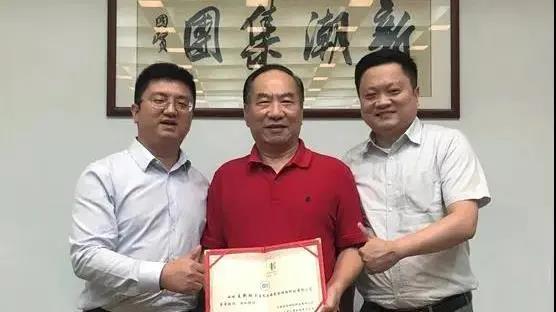
The respect shown to Wang Xinchao is an indication of his lofty standing in the semiconductor industry. Rewind to 1972, when 17-year-old Wang is just beginning his career as a machine repair worker at the former Jiangyin No. 1 Weaving Factory. To advance to a position of leadership and earn the trust of his colleagues, he first had to acquire the underlying technical skills like everyone else. Despite work commitments, Wang Xinchao continued to study on his own, eventually coming to a life-changing opportunity. In 1983, when self-study exams were first introduced in Jiangsu Province, Wang Xinchao was among the first to enroll, earning the honor of "Outstanding Graduate of the First Self-Study Examination in Jiangsu Province." As he would later say, "I come from a long line of intellectuals, both my parents were teachers, and I was brought up to contribute to society. To change my environment, I had to work hard, and eventually, I was able to take the self-study exam, which gave wings to my life's aspirations."
Excelling in the self-study exam opened doors for Wang, eventually leading him all the way to the office of the deputy secretary of the factory's Party branch. It was at this time that he began to develop ties with the Jiangyin Transistor Factory, the predecessor of the JCET Group. In the 1980s, the Jiangyin Transistor Factory faced an unprecedented crisis. At the request of the local government’s industrial department, Wang Xinchao took charge of the factory, which was on the brink of bankruptcy, serving as both the factory director and the secretary of the Party branch. Upon taking office, he quickly identified the core issues hindering the factory’s growth and initiated a bold series of reforms. He noticed that the company had neglected quality management, resulting in low product yields. To address this, he introduced a quality-centric economic responsibility system, shifting the focus from quantity-based incentives to quality. He took charge of setting job responsibilities and performance standards. Within just over a year, the company had made remarkable progress.
The transistor factory, however, had only one customer, No. 72 Factory in Wuxi, and Wang Xinchao proposed a slogan: "Reliant but not overly dependent, we must have our own products and our own business." He pushed for the development of new products, ensuring the self-sufficiency of the factory and its ultimate survival.
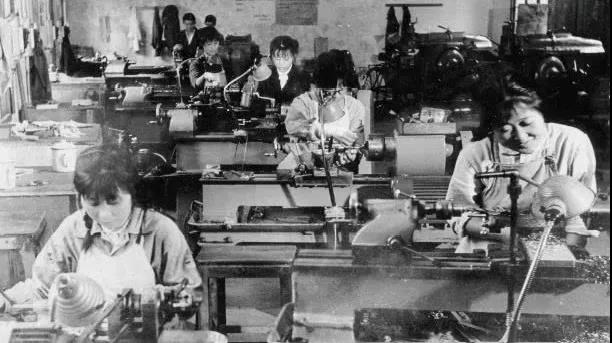
These reforms transformed the Jiangyin Transistor Factory, and it was officially renamed the JCET Group Co., Ltd. The good times, however, did not last long. The 1997 Asian financial crisis hit, and JCET's packaging and processing business, which accounted for a large portion of its revenue, experienced a sharp decline. Once again, Changjiang stood before an existential crisis. Wang Xinchao calmly considered the situation before observing that international home appliance companies were shifting their production to China and would need to source large quantities of components locally. He concluded that JCET could remain profitable as long as it expanded production faster than product prices declined. Despite initial skepticism, Wang decided to expand JCET’s discrete device production capacity by 4.5 times in 1998, making it the largest manufacturer of discrete devices in China. As a result of this strategic move, the company’s capacity would go on to double each year until annual production reached 10 billion units in 2003. That same year, JCET successfully went public on the Shanghai Stock Exchange. He later said that they were able to find a solution amidst the crisis and turn the crisis into an opportunity, seizing the opportunity presented by the financial crisis to successfully list the company.
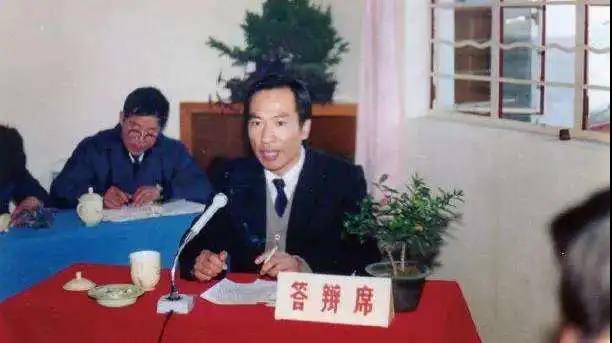
Innovation continued to propel JCET forward, establishing the company as a domestic semiconductor packaging and testing industry leader, resulting in numerous breakthroughs, filling gaps in the Chinese market, and overcoming foreign technology barriers.
Xinchao Group Vice President Wang Dexiang said that Wang Xinchao liked to repeat: "Innovation is in my blood." It would not be enough to merely develop products for the company to grow. They would have to lead the market too. And at every critical juncture, the Chairman focused on innovation.
In addition to a unique vision, success requires extraordinary courage. Wang Xinchao's career would reach a watershed moment in 2014. That year, the Singapore semiconductor company STATS ChipPAC went up for sale. Noting the international makeup of the company’s client base, Wang saw an opportunity. If the acquisition succeeded, JCET would step onto the global stage and solidify its position as a semiconductor packaging and testing industry leader.
Seizing the opportunity, Wang Xinchao swiftly moved to acquire STATS ChipPAC, partnering with the Bank of China, the China Integrated Circuit Industry Investment Fund, and SMIC, investing RMB 260 million of his own funds and raising an additional RMB 780 million. He acquired 50% of the shares in STATS ChipPAC, the world's fourth-largest semiconductor packaging and testing company at the time. It was a historic David and Goliath moment. JCET's research and development capabilities improved significantly, ushering in a new phase of development.
Wang Xinchao, who saw the opportunity, pressed the "fast forward key" of mergers and acquisitions, he successively cooperated with the Bank of China, large funds and SMIC, funded 260 million yuan by himself, and raised 780 million yuan through leverage, and won half of the shares of Starke Jinpeng in one stroke, successfully acquired the fourth largest company in the global closed test industry at that time, and staged a historical scene of "snake swallowing elephant". Changdian's R&D and innovation capability has been qualitatively improved and has entered a new stage of development.
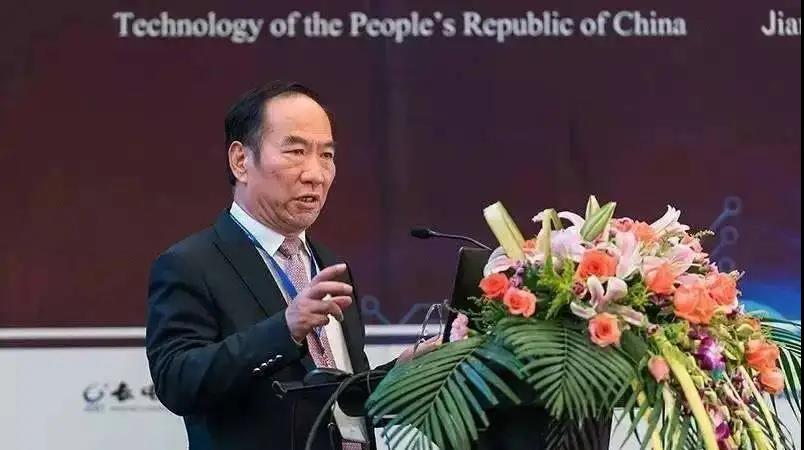
In recent years, Wang Xinchao has gradually stepped back from JCET. However, ever restless, he has embarked on a second entrepreneurial venture in the semiconductor investment industry. His company JP Xinchao Capital (Shanghai) Co., Ltd. had already launched three funds worth a total of RMB 1.6 billion, all dedicated to promising semiconductor companies. This year, Wang has sought to bolster the growth of the integrated circuit industry in Jiangyin by facilitating the establishment of an Integrated Circuit Design Innovation Center in the Hi-tech Zone in cooperation with the Institute of Microelectronics of the Chinese Academy of Sciences.
Wang Xinchao also takes social responsibility seriously, balancing the growth of the company with a commitment to giving back to society. In July 2007, the Xinchao Group established the Jiangsu Xinchao Ren'ai Charity Foundation with a donation of RMB 10 million, dedicated to various charitable public welfare activities. At a recent charity awards ceremony in Jiangyin, Xinchao Group received the Jiangyin Charity Outstanding Contribution Award.
Wang Xinchao's motto is: "Hard work leads to success, but a person must be prepared to work hard." This is a phrase he wrote in his diary when he first became factory director. He believes that everyone should have a goal in life and work relentlessly towards it, as this is the path to changing one’s destiny.